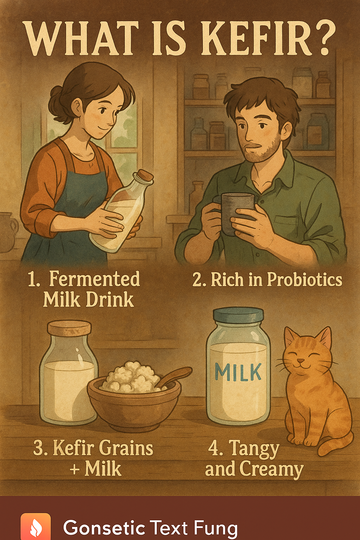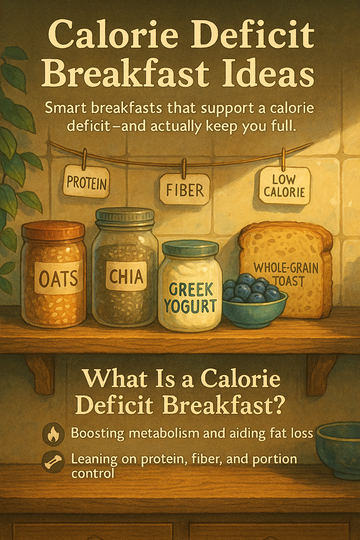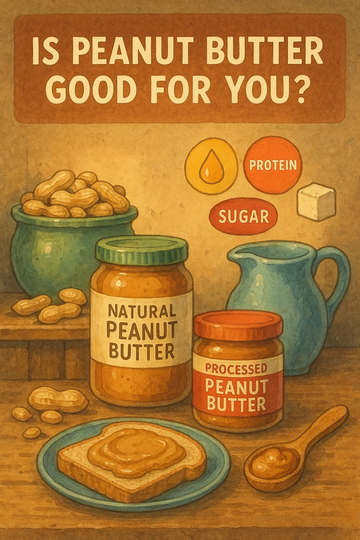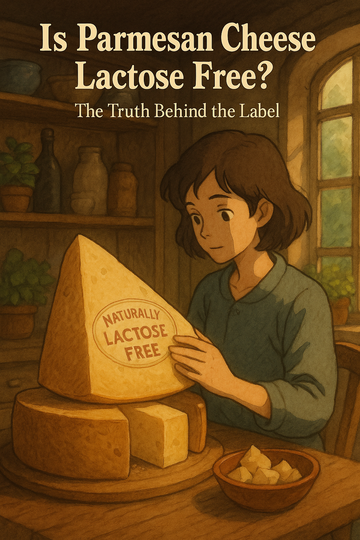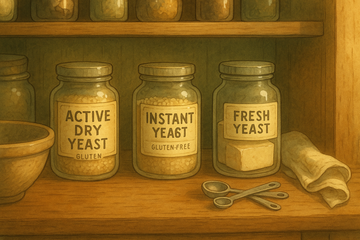What Is Kefir? The Fermented Drink That’s Earning Serious Respect
Kefir might look like yogurt, but it’s so much more. This fermented milk drink is quietly gaining attention from health-conscious consumers, wellness enthusiasts, and even gut-health researchers. But what exactly is kefir—and why are so many people turning to it?
Let’s break it down.
✅ Kefir at a Glance
Kefir is a cultured, fermented dairy product made by adding kefir grains to milk. These “grains” aren’t actual grains—they’re living colonies of bacteria and yeast that transform ordinary milk into a tangy, probiotic-rich beverage.
🧪 How Is Kefir Made?
The process is simple but fascinating:
-
Fresh milk is poured into a clean jar.
-
Kefir grains are added and the mixture is left at room temperature for 12–24 hours.
-
During fermentation, the microbes consume the milk sugars, producing lactic acid, carbon dioxide, and beneficial probiotics.
-
The result is a lightly fizzy, slightly sour, creamy drink that’s teeming with live cultures.
You can strain and reuse the grains to make new batches over and over again.
💪 Why Do People Drink Kefir?
Kefir is more than just a trendy health food—it’s a functional food with measurable benefits:
-
Rich in probiotics that support gut health and digestion
-
May boost immunity due to diverse strains of beneficial microbes
-
Naturally low in lactose, making it easier to digest for many lactose-intolerant individuals
-
Good source of calcium, B vitamins, and protein
Some research even suggests kefir may help reduce inflammation and support mental wellness via the gut-brain axis.
🤔 What Does Kefir Taste Like?
Kefir is often described as:
-
Tangy or sour (like drinkable yogurt)
-
Slightly fizzy (due to natural carbonation)
-
Creamy but thinner than traditional yogurt
Flavored versions (strawberry, vanilla, blueberry) are common in stores, but plain kefir is ideal for those avoiding added sugars.
⚠️ Is Kefir for Everyone?
While generally safe for most people, kefir may not be for everyone:
-
Those with dairy allergies should avoid it or opt for non-dairy kefir alternatives (like coconut or almond milk versions).
-
People new to probiotics might experience mild bloating or digestive changes at first.
As with any fermented food, start small and see how your body responds.
🧾 Final Thoughts
Kefir is an ancient drink with modern appeal. It's natural, probiotic-rich, and surprisingly versatile—whether you drink it straight, blend it into smoothies, or pour it over granola. If you're serious about gut health, kefir might just earn a permanent spot in your fridge.













